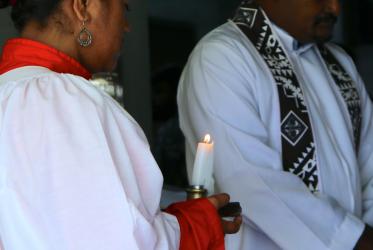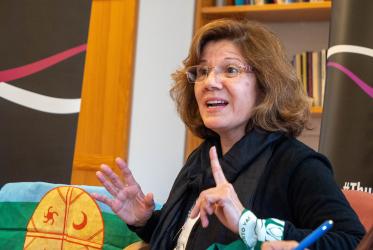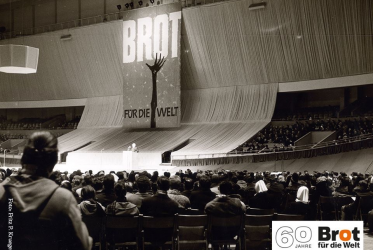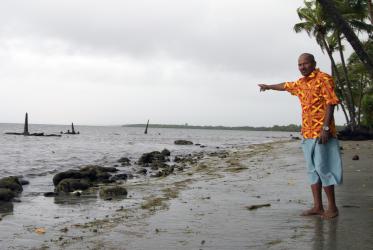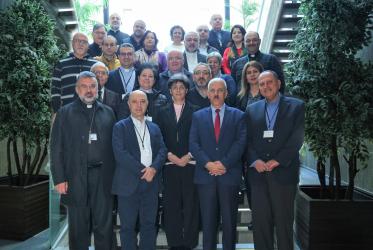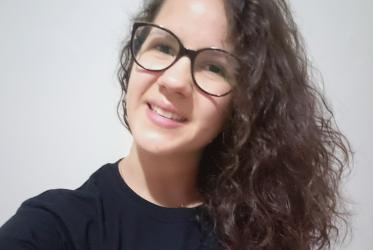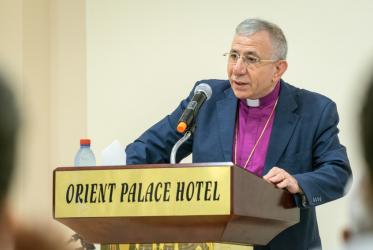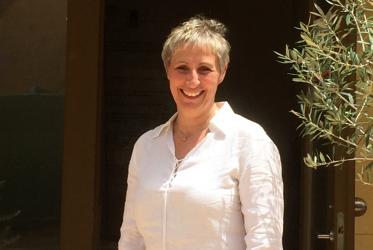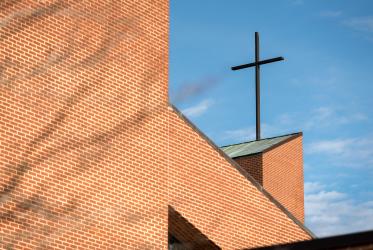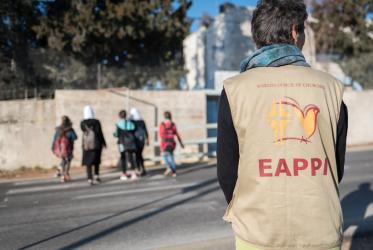Displaying 101 - 120 of 335
“Women must keep resisting,” urges Chilean theologian
10 March 2020
WCC publishes two new Bible studies penned by authors from Colombia
24 February 2020
The cry of the Papuans in Indonesia
14 November 2019
Larissa Aguiar Garcia: "We're opening a safe space”
26 September 2019
Bishop Younan receives Catholic peace award
26 September 2019
Dr Saïd Ailabouni: God is on the side of rejected, oppressed, occupied
12 September 2019
